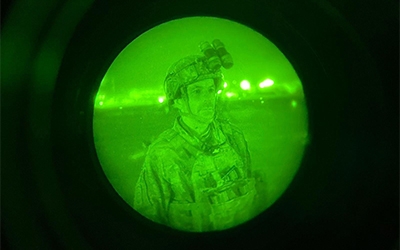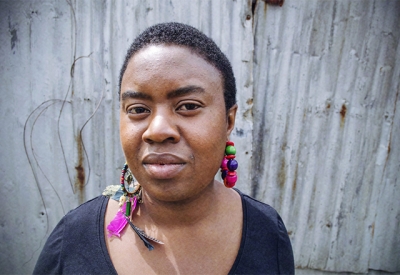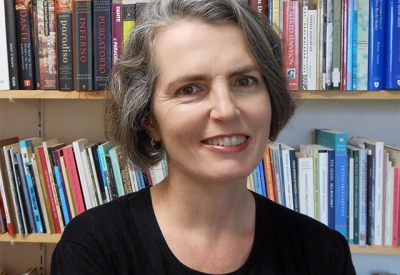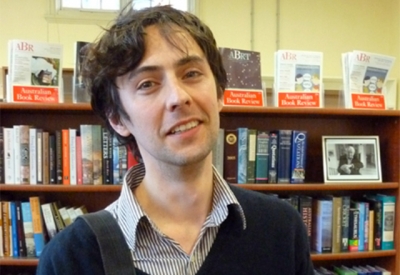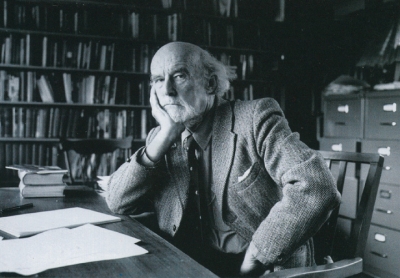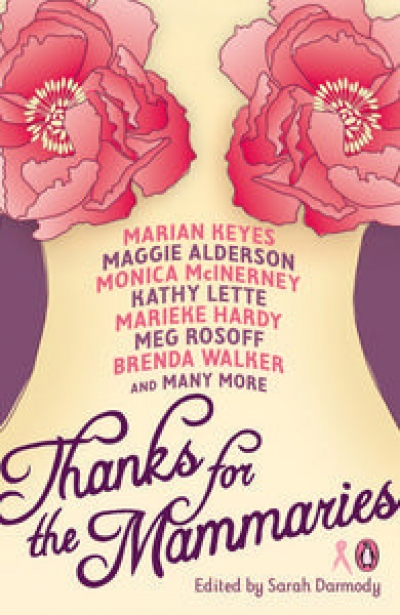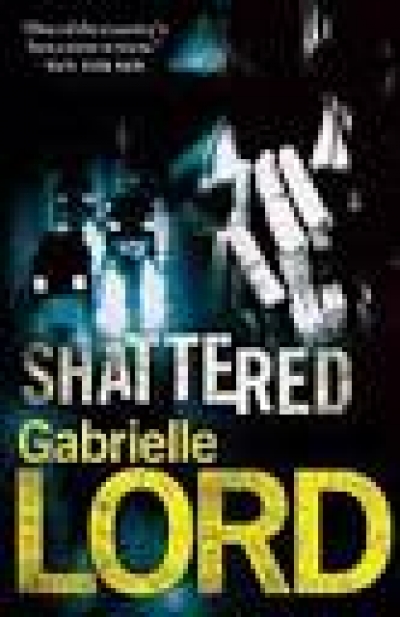Accessibility Tools
- Content scaling 100%
- Font size 100%
- Line height 100%
- Letter spacing 100%
Current Issue
Short story
The Point-Blank Murder
The sunset is orange, the sky scattered with clouds. We’re eating pumpkin and lentil soup out of bowls from home. I didn’t think it was necessary to bring them, the cupboards here are well stocked, but Irene insisted. She says they’re the perfect size. Also, she read in her online mother’s group that the glaze on old crockery often contains lead ...
Commentary
Failure in Afghanistan: The limits of presidential power
When the last C-17 cargo plane left the Hamid Karzai International Airport on 30 August with the remaining US soldiers and diplomats, America’s longest war officially came to a close. The swift return of the Taliban was a deeply distressing and tragic end to a war whose close, nevertheless, came partly as a relief. The inevitable question as to what lessons America – more particularly, its military and federal government – has learnt or should learn was followed by substantial criticism of President Joe Biden’s handling of the withdrawal and dire predictions for the future of American power and prestige abroad. The process of confronting uncomfortable realities and debating the meaning of such an event is both natural and necessary, yet the history of previous American conflicts overseas tells us that the period of actual reckoning will be brief and few lessons may be learnt.
The ABR Podcast
PODCAST
The ABR Podcast
The ABR Podcast is released every Thursday and features reviews, poetry, fiction, interviews, and commentary. Subscribe via iTunes, Google, or Spotify, or your favourite podcast app.
Interview
Open Page with Maxine Beneba Clarke
Interview
Tracy Ryan is Poet of the Month
Interview
Andrew Fuhrmann is Critic of the Month
From the Archive
Obituary for Manning Clark
On 27 May, 1991, Manning Clark, Australian historian extraordinary, was buried from Canberra’s Roman Catholic cathedral by his friend the Jesuit Dr John Eddy, assisted by Professor Clark’s brother, an Anglican canon, and with the participation of his sons. After his death on 23 May, ABC national television had broadcast an interview of 1989 in which Clark had responded to the question of whether he believed in an afterlife with a firm no – to which he added that he saw merit in the response of a Mexican academic encountered twenty years before. On that matter, he harboured ‘a shy hope’. It is a smiling happy phrase, contrasting with the dark fear of future judgement that bedevils so many of the Protestant characters with which he populates his histories. And it was a qualification in harmony, not only with his occasional visits to the church that farewelled him, and earlier St Mary’s Cathedral in Sydney and a multitude of European churches, but also with the ambivalence and perplexity at the heart of the man and his work. Some would call it contradiction or even evasion, but the native Australian sense of having a bob each way is sound policy, and Manning was not one for some pointless cremated affirmation of the kingdom of nothingness when he could have a touch of Catholic ritual and grandeur.
From the Archive
Thanks For The Mammaries edited by Sarah Darmody
While many journals and anthologies are moving away from themed editions, the theme of this anthology is urgent and worthy. The royalties from Thanks for the Mammaries will go to the National Breast Cancer Foundation (NBCF). Editor and NBCF ambassador Sarah Darmody writes eloquently in both the introduction and her autobiographical piece, ‘Frankenboob’, about her decision to have a prophylactic double mastectomy after discovering that she carried the gene that gave her an eighty-five per cent chance of developing breast cancer.
From the Archive
Peter Pierce reviews 'Shattered' by Gabrielle Lord
In her fourteenth novel, in a career that began in 1980 with Fortress, Gabrielle Lord returns to the series of books that feature the troubled and trouble-attracting private investigator, Gemma Lincoln. Shattered, the fourth in the series, is the most densely and effectively plotted of them. Gathered here are key people from earlier novels: Gemma’s lover, the undercover policeman Steve Brannigan; her best friend, Sergeant Angie McDonald; a former street kid called the Ratbag; Gemma’s sometime colleague Mike Moody. Still shadowing Gemma’s life are the memories of the murder of her mother and, much later, her successful but nearly fatal efforts to clear her father of that crime.





















